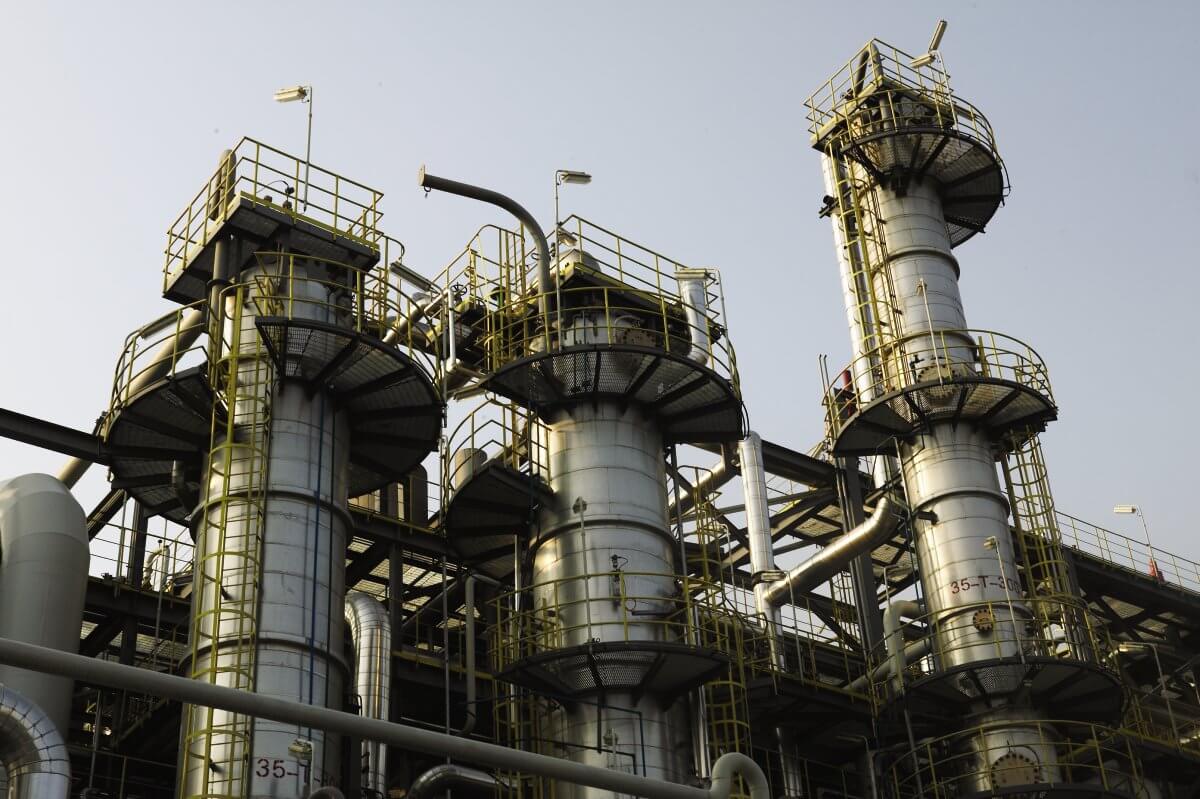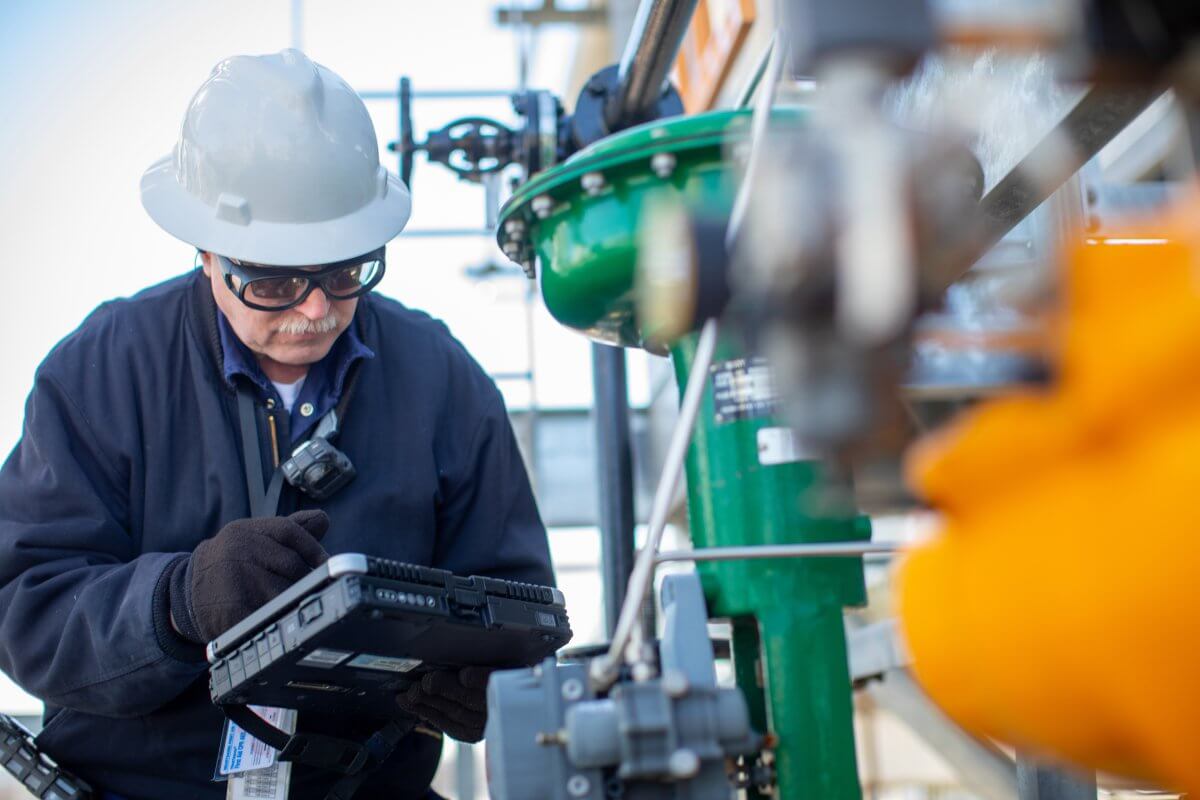It is impossible to miss the shift toward more sustainable operations—driven by new social and consumer expectations—in nearly every industry across the globe. Chemical producers are no exception, as industry leaders take advantage of digital technologies and expanded access to data to drive performance improvements that simultaneously unlock more sustainable production.
But not all improvements have to be big-ticket, overhaul-the-plant changes. In fact, there are many changes a plant can make at the individual operations level which can drive significant energy savings. These changes are the focus of contributions Emerson’s James Beall made to a recent Chemical Processing article, Spotlight Remains on Energy Efficiency.
In the loop
James explains how monitoring of control loops reduces process variability, which typically leads to a significant reduction of energy loss.
In a typical process plant, almost two-thirds of control loops are underperforming, which can be due to many reasons, including poor valve performance, incorrect loop tuning and inappropriate control strategy. As a result, huge amounts of energy are wasted because of suboptimal control, particularly in high-energy-use units, such as distillation columns, boilers, reactors, dryers and evaporators

Making changes to improve control loops presents significant opportunity for improved sustainability without a substantial increase in costs, which means the associated ROI is not only high, it is also fast.
Typical results of improvements in control loop performance include: 4–8% increase in throughput; 5–10% reduction in energy costs; 2–8% drop in product inventories; 40–80% decrease in quality variation; and 1–5% gain in equipment availability.

Expert advice
James also shared a case study of a chemical company that improved energy performance of a distillation column by 16%, mostly through monitoring control loops and tuning or repairing underperforming valves.
Though the chemical producer did not have the tools, resources, or skilled personnel to effectively tune its control loops, the organization did not settle for reduced performance. The maintenance team reached out to its automation provider, Emerson, to help.
Where performance issues are identified, control performance experts can support the customer to make improvements, with a remote service providing monthly reviews of control performance, identifying issues and making recommendations for corrective actions and prioritizing areas for the next month.
James recommends other areas where Emerson expertise can be helpful to improve sustainability, including implementing advanced control strategies such as state-based control (SBC), which uses automated control logic enabling communication between process units for tighter control and simpler, operator-initiated state transitions. He explains,
SBC automates workflows and provides decision support and simplified change management, three of the core competencies of digital transformation.
To read more about how Emerson and other expert organizations are unlocking more energy efficient, sustainable operations, you can read the article in its entirety at Chemical Processing. You can also visit Emerson’s Consulting, Services, and Training page to discover ways to drive more efficient operations and better performance with expert advice.





